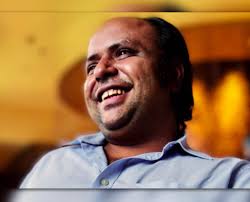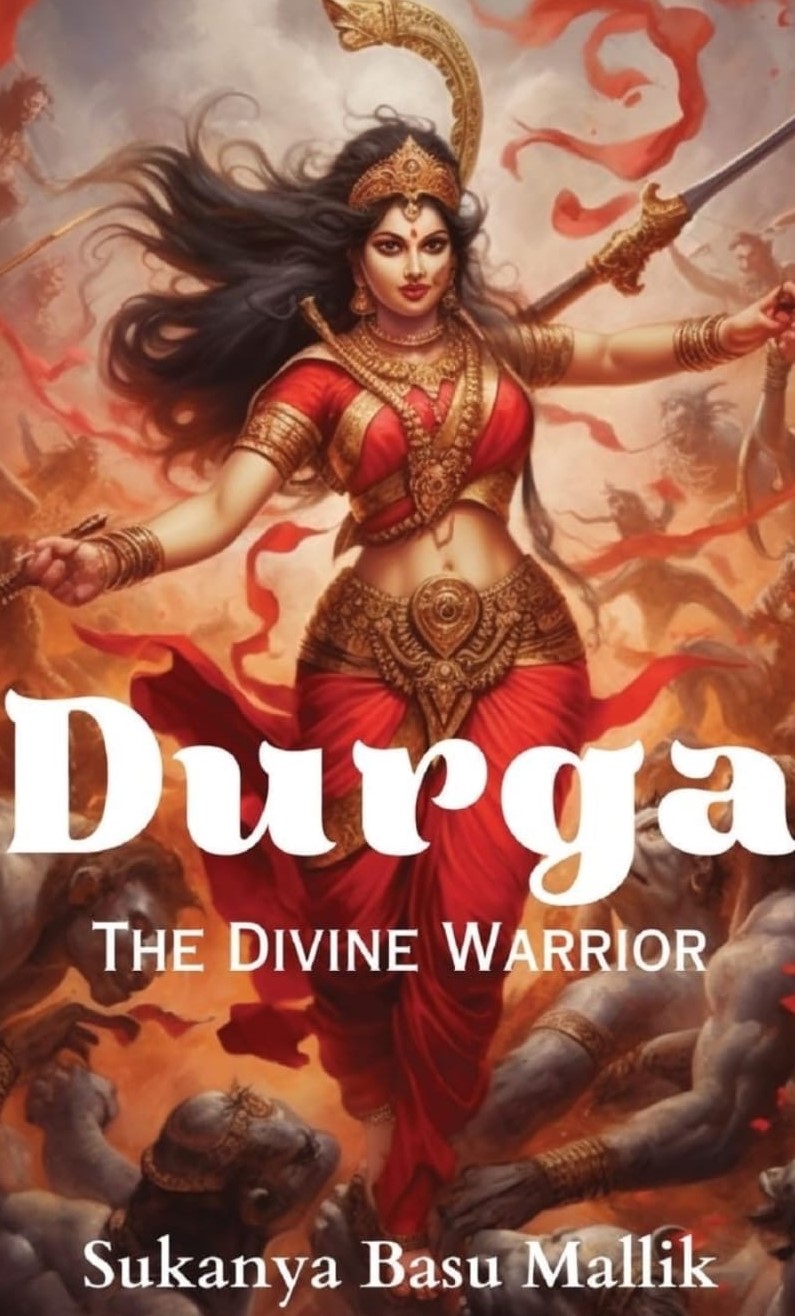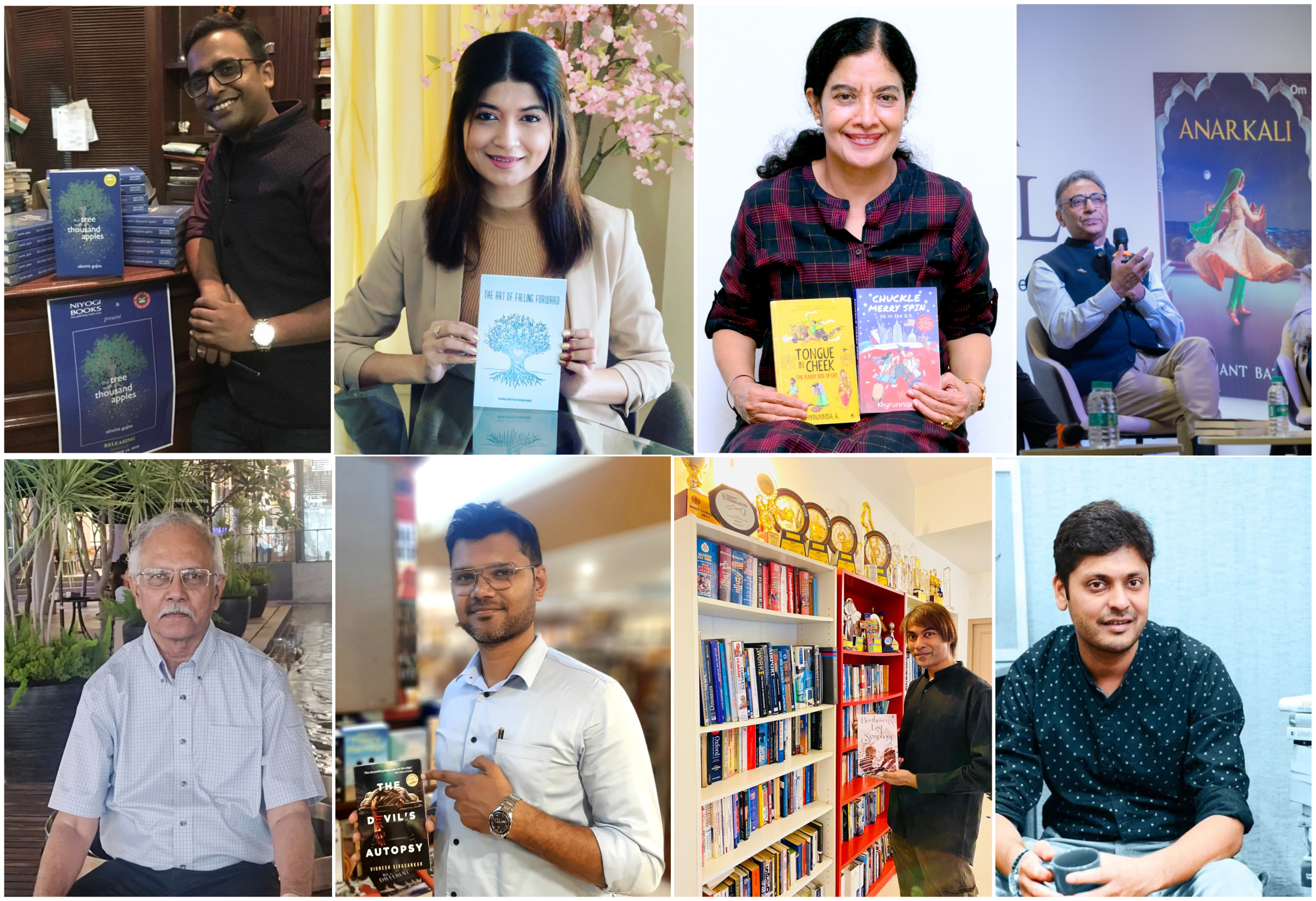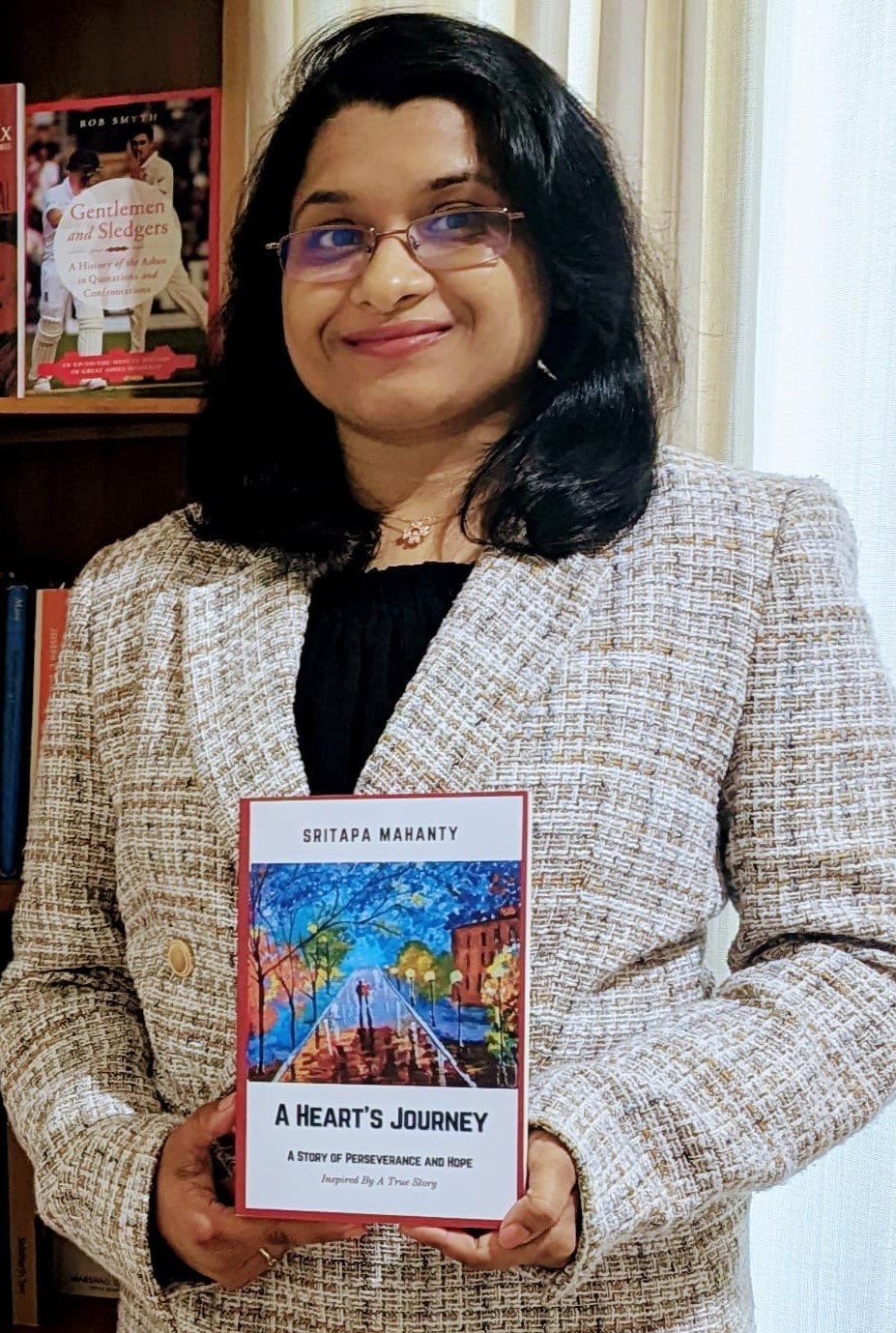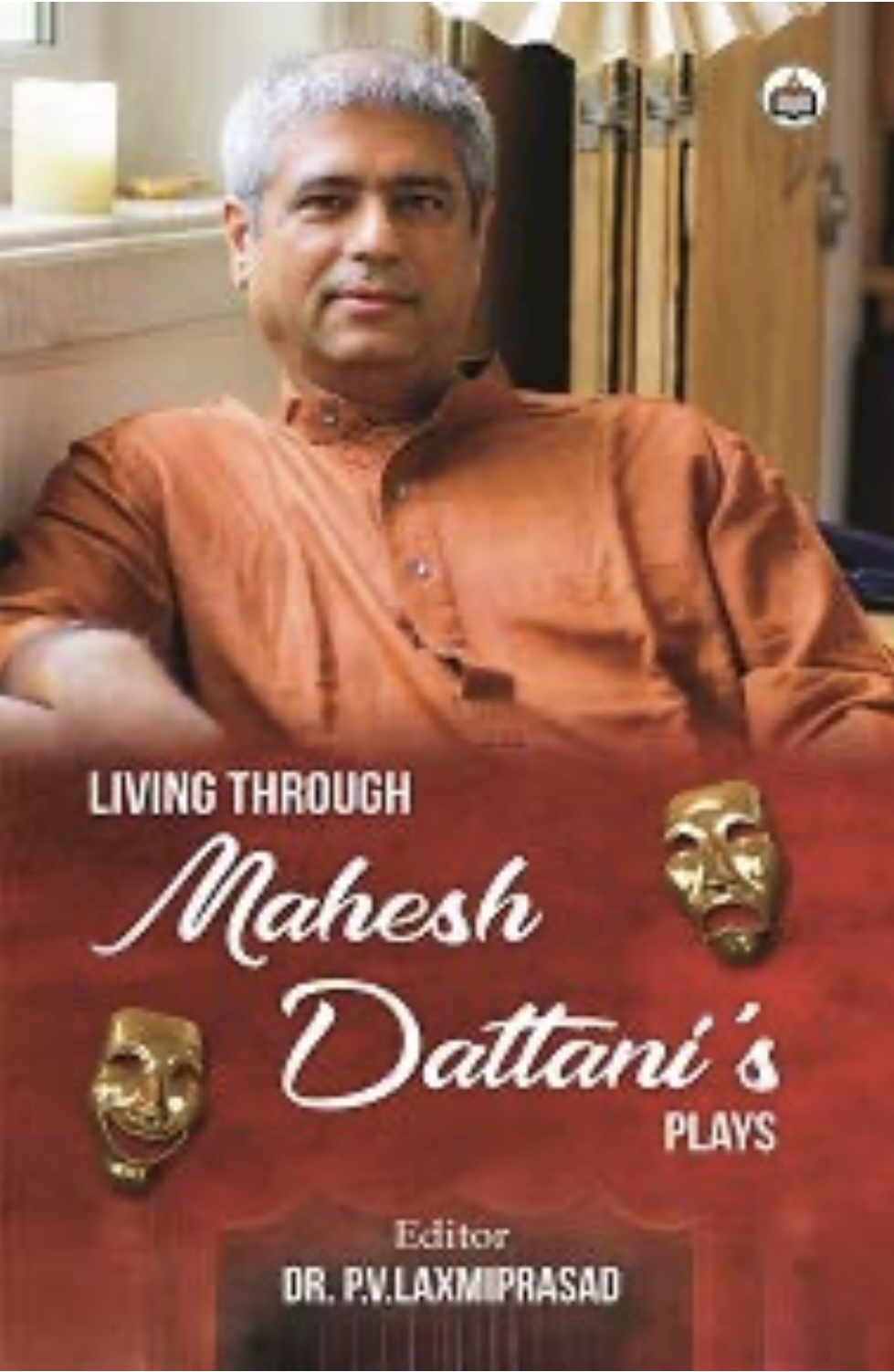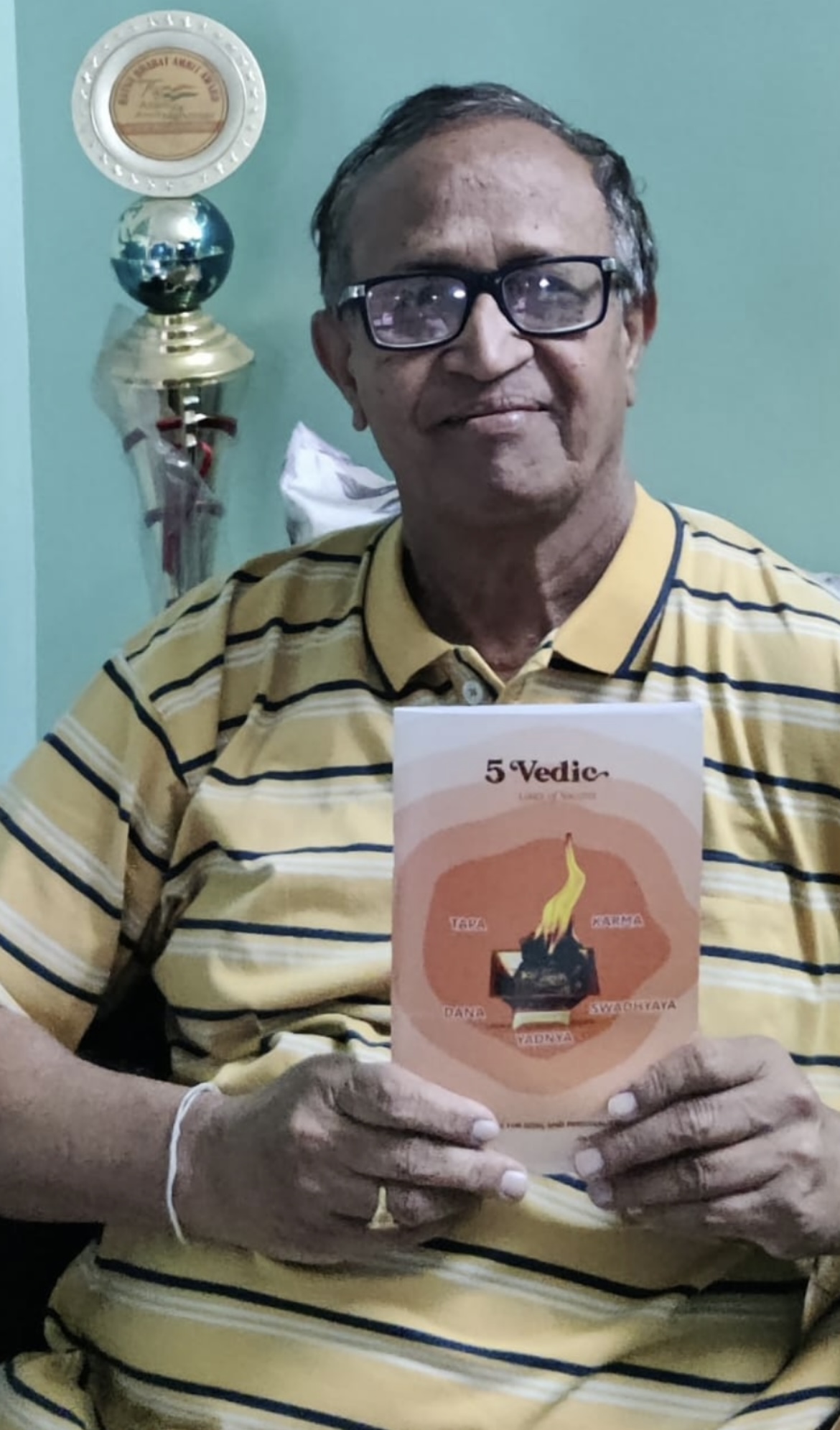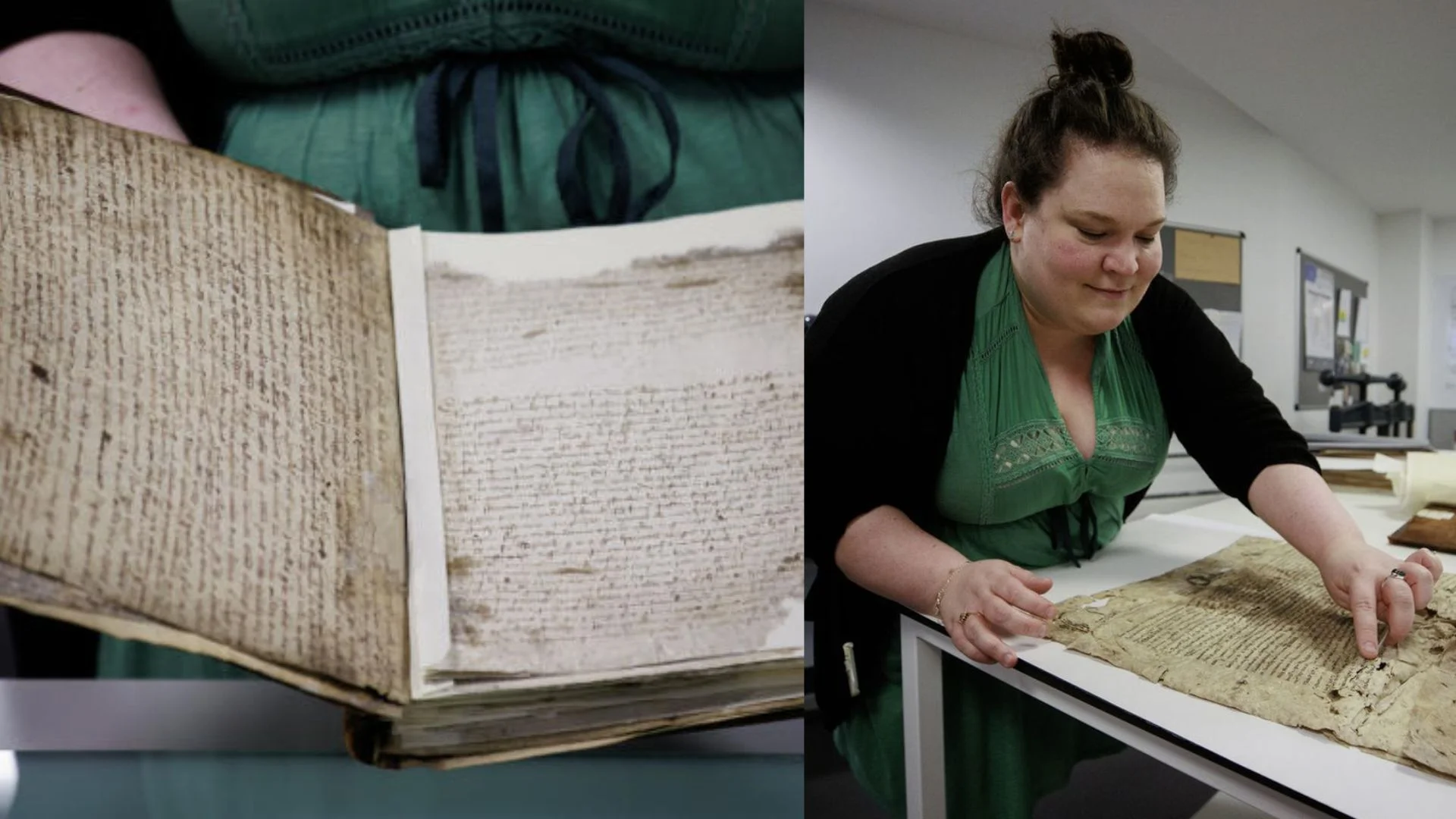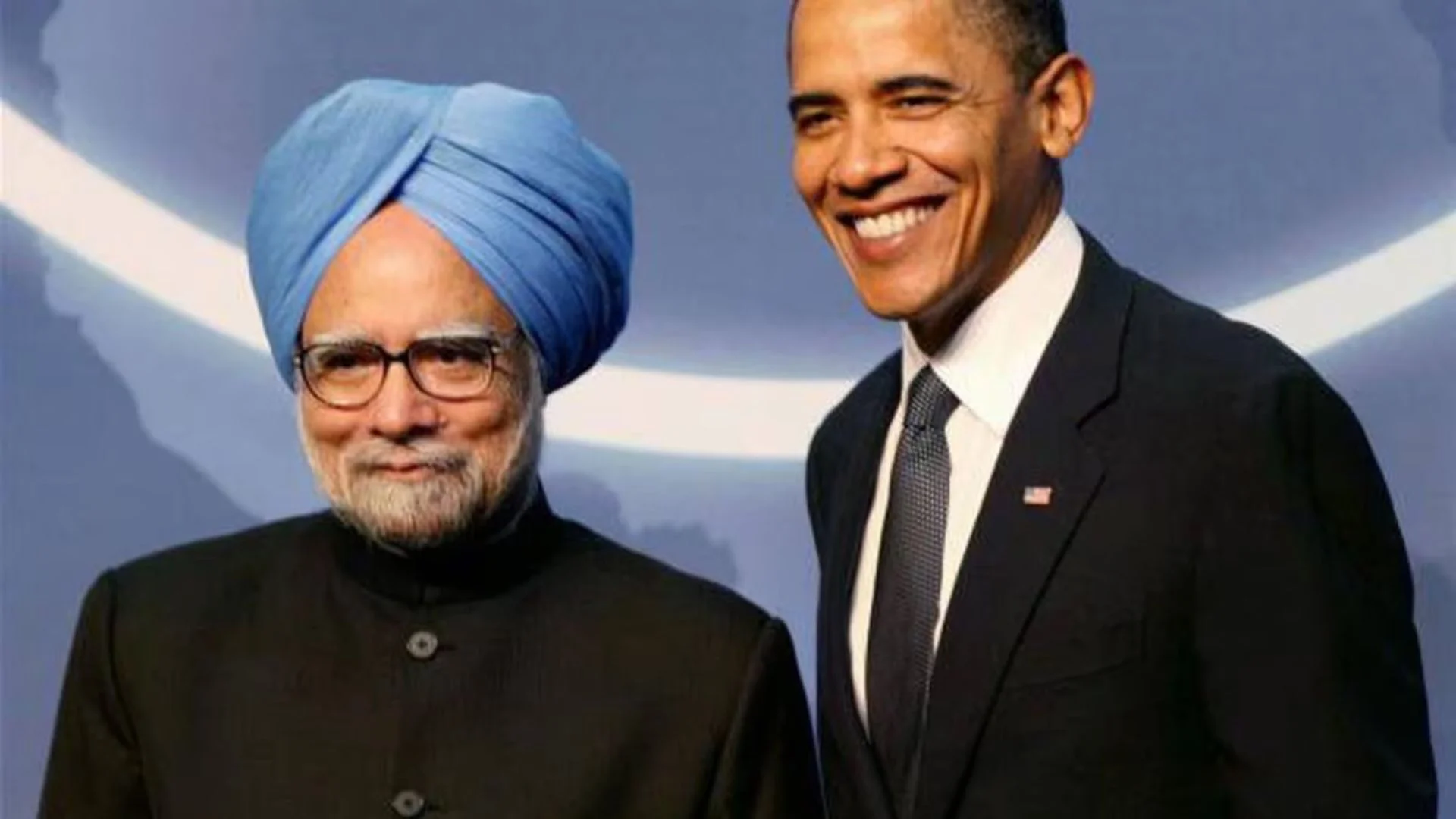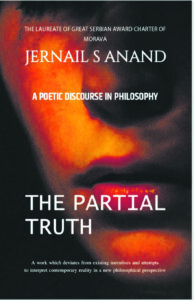Dr. Jernail S. Anand, a distinguished poet and philosopher, recently honored with the prestigious Serbian Award “The Charter of Morava,” stands out for his philosophical prowess within the realm of poetry. Laureate of Franz Kafka Literary Prize and Maxim Gorkhy International Award, he is President of the International Academy of Ethics. Anand’s oeuvre of 150 plus world class books, including 9 epics, puts him in the top bracket of literary luminaries of the world. He is credited with the theory of Biotext. His most phenomenal work is Lustus: The Prince of Darkness, an epic reincarnation of great Satan.
Dr, Anand who has creative work in poetry, fiction, theory, political theory, environment, philosophy and spirituality, turns to non-fiction with his latest work ‘The SkepTik,’ which is reminiscent of Plato’s ‘Republic’ and Aristotle’s ‘Poetics,’ and positions him as a representative of his era. Anand’s unique charm lies in the sincerity, urgency and flow with which he communicatesin a language free from scholarly jargon.
In ‘The Skeptik’s’ 15 articles, Anand mourns the decline of culture and ethical values in contemporary society. Viewing artists and writers as the last hope for civilization, he implores them to be enlighteners and change-makers, [not entertainers alone], challenging the prevailing culture of deception and moral apathy. We are in a state of stupor, he laments. We do not know what is happening to us, and finally, what we are doing to ourselves.Anand’s protagonist is a disillusioned figure who has lost all hope in the labyrinth of modern living in which political masters and corporates are after his blood. He laments the education system which is designed to crush imaginative faculties of the students, and has a dig on higher education which treats the creators only as guinea pigs of research, and asks for MSP for creative writing, because, in our society most of the poets and creative writers are working part-time only.
Dr Anand’s second work, ‘The Partial Truth,’ delves into poetic philosophy, establishing Dr. Anand as a contemporary philosopher. He believes that what we know is only a partial truth, often conflicting due to linguistic and geographical variations, leading humanity to the brink of conflict. The philosophy of ‘VasudhaivaKutumbakam’ apart, the author finds the world as the creation of a hoax foundry, established in the name of Godwhose entire knowhow has been imported from Hell. Anand’s cosmic humanism emerges as a unique perspective, challenging conventional paradigms and extending the horizons of the idea of humanism to include the entire creation.
In ‘The Partial Truth’, Anand reflects on man’s pursuit of the final truth and the acceptance of our partial understanding, emphasizing contentment within our limited comprehension of the complex reality which can impart a bit of certitude and peace to the beleaguered human soul. Commenting on Dr Anand’s work, Dr. Lalit Mohan Sharma feels that like Noam Chomsky, Anand’s ‘ poetic discourse’ travels the terrains of the contemporary mind, post-modern, post-truth and the alarming power of artificial intelligence. Just look at these lines from ‘Abuddha’:
The Bodh tree was cut down years back,
Its leaves ground into
A million napkins
Which were used to clean
The wisdom of centuries off my mind.
Love of wisdom beginning with Socrates and Plato, and down to Nietzsche and Heidegger, Emerita Ann Ferguson and crucial contributions of Camus, Sartre, Kierkegaard – all of them have taught us to see and hear as our world unfolds before us. By the end of this discourse in philosophy, concludes Dr. Sharma, we discover that Dr. Anand is aware of the ‘tantriks’ of power and knowledge and he himself swears by “cosmic humanism”.


